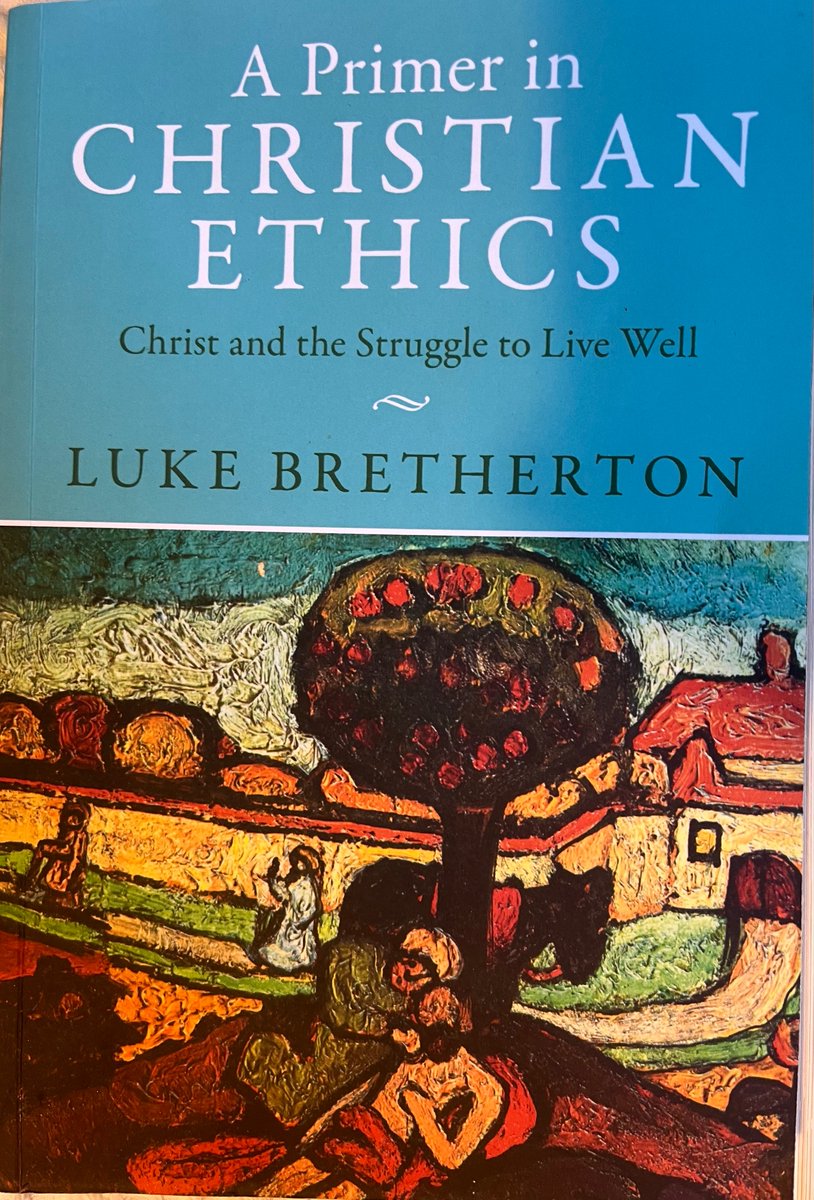Everybody's talking about the suburbs like they're the Promised Land & I gotta be honest: My dream is to live so far up in the mountains that I don't have neighbors.
*Totally* understand that even this dream presumes land ownership & certain level of wealth. Still, I'm not sure how the burbs became the definition of success. (No offense to anyone who lives in them.)
While we're talking about the suburbs, don't forget this good book:
ivpress.com/finding-holy-i…
ivpress.com/finding-holy-i…
• • •
Missing some Tweet in this thread? You can try to
force a refresh









